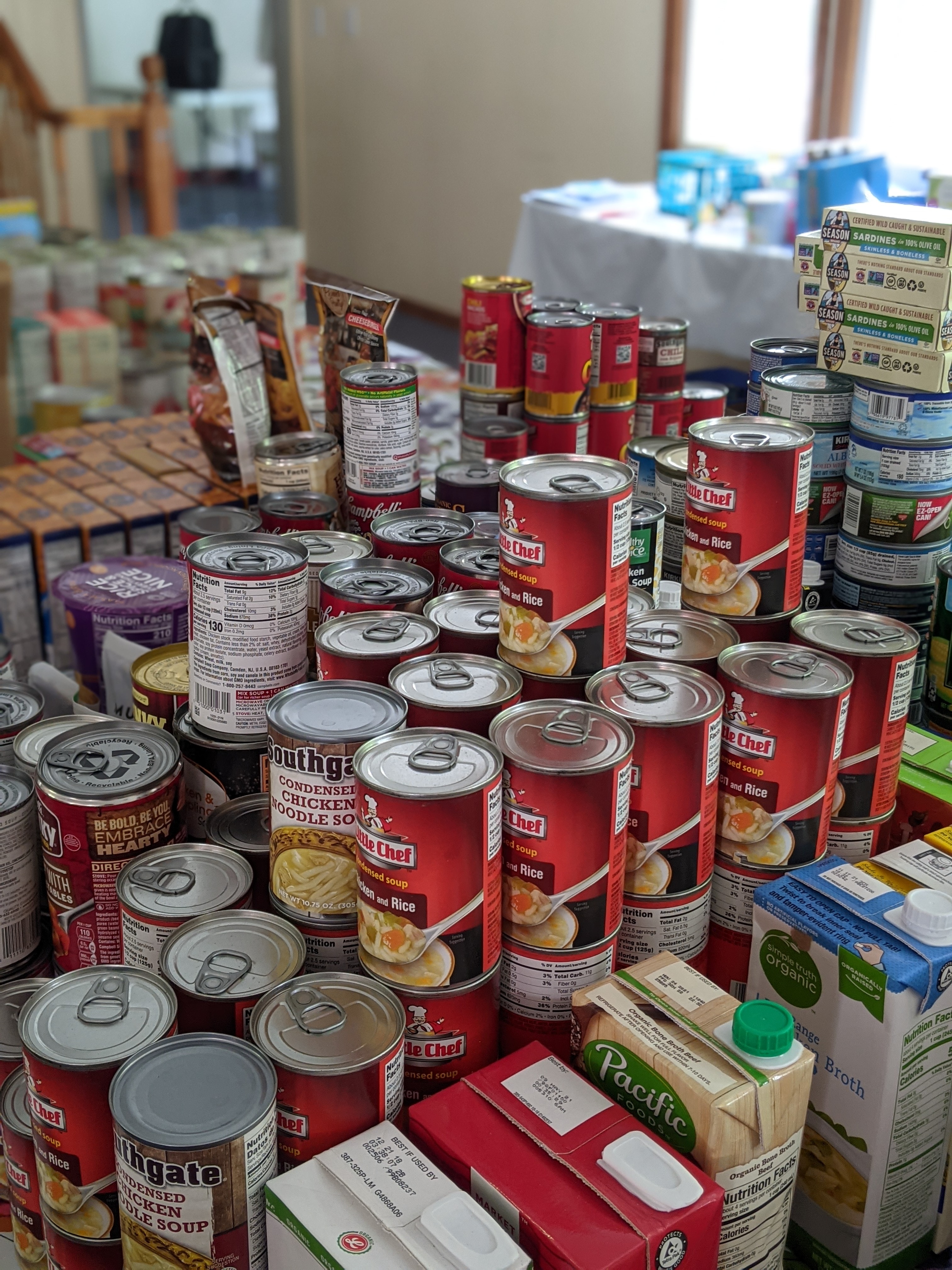Many more individuals and families in Flemingdon Park and Thorncliffe Park rely on emergency food distribution services since the ongoing dual crises – public health and inflation – of the pandemic. The TNO Food Collaborative served 1089 unique households in 2021, and 2322 in 2022, or an increase of 113% from 2021 to 2022. In Toronto more broadly, reliance on food banks was 16% higher than ever in 2022 (Who’s Hungry Report 2022 - Daily Bread Food Bank).
More Than Food
We heard over and over again, that food insecurity is about so much more than food. The complexity of the challenges people live with can feel overwhelming for both workers and residents.
Hear Story
Hidden Tolls
Food insecurity takes a toll on physical health and mental health.
Hear Story
Meeting Demands
For workers, the challenges of meeting increasing demands are multiple, and sometimes the most urgent need is difficult to ascertain.
Hear Story
Complexity
Workers recognize the complexity and depth of the crisis for families. Workers observed that people use the food bank for more than food. For some, the food bank is a gathering place, helping to alleviate isolation.
Hear Story
Children's Health
Food insecurity is especially challenging when trying to provide for children. Access to food affects physical, social and emotional health.
Hear Story
Food Bank Produce vs Cans
Workers described the multiple challenges they face every day in trying to address food insecurity. For example, most food banks rely on donated food items, and fresh produce, meat, milk and eggs are always in short supply. And sometimes there is an abundance of food items that people won’t use.
Hear Story
Supply & Demand
Workers and residents both expressed concern that the mismatch between food needs and food received – in both quantity and cultural preferences – sometimes results in food waste.
Hear Story















